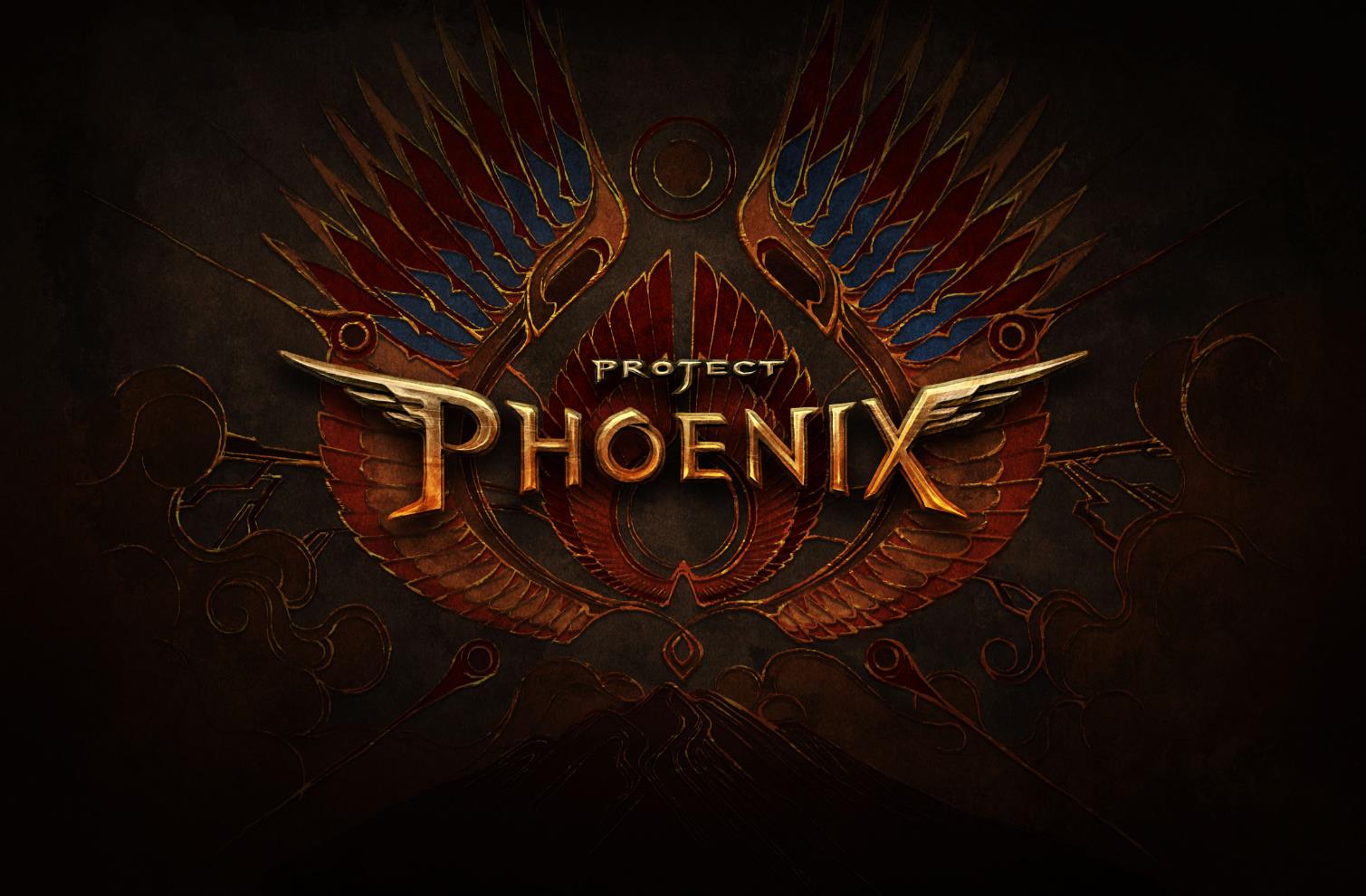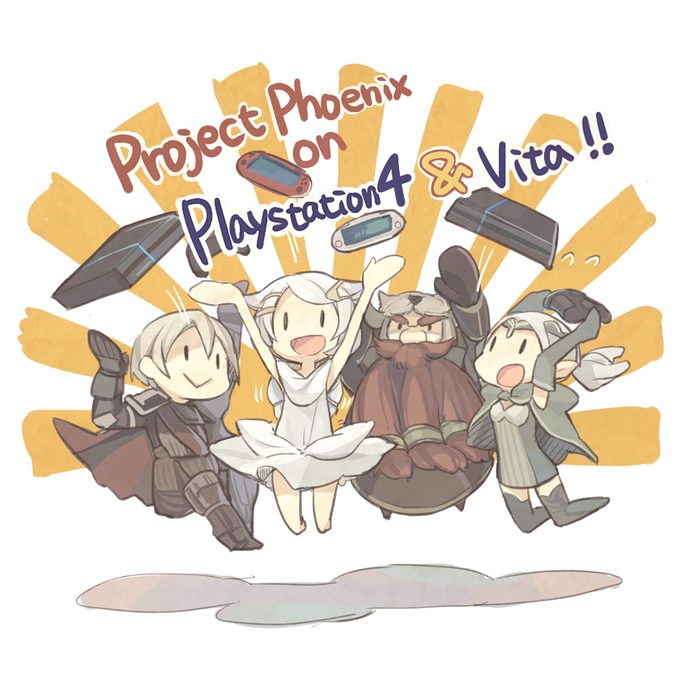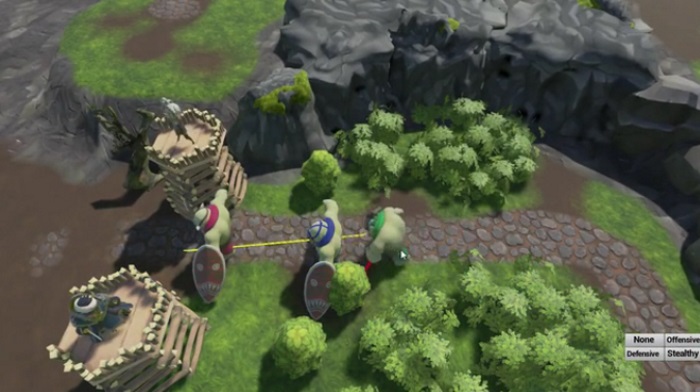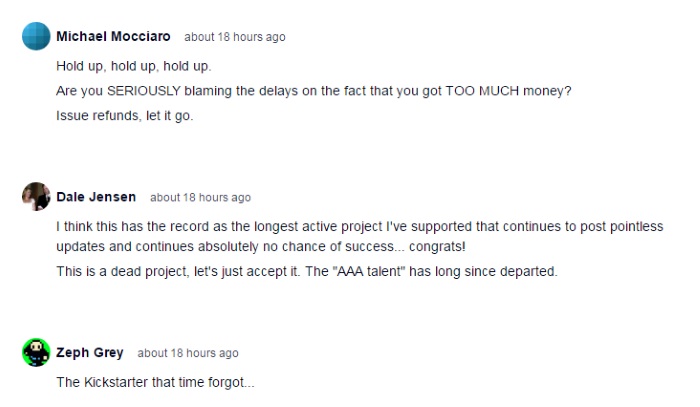Creative Intelligence Arts (CIA, Inc.) used Kickstarter to raise $1,014,600 back in the crowdfunding golden year of 2013. Staffed by a number of AAA veteran developers, CIA pitched Project Phoenix as an astounding squad based JRPG RTS. Fans were excited about the premise with 15,802 backers pledging their support. The team easily raised well over the campaign’s $100,000 goal. Four years later the project continues to languish in perpetual development while the team seeks additional revenue streams. So, what happened?
CIA’s Lead Programmer, Daniel Dressler recently came to backers with an update on the situation. This included an elaborate breakdown of why $1,014,600 just wasn’t enough to bring Project Phoenix to life. It’s an explanation that reads more like yet another excuse to the project’s frustrated backers.
“There is lots for us to complain about but I am not going to play the blame game here. Instead let’s talk about money.”
First, Dressler stressed that while a million dollars may sound like quite a bit of money (because it is) the studio didn’t actually receive the full amount. Some funds immediately went towards Kickstarter and PayPal fees. There was also some unexpected expense in the form of “unfulfilled pledges.” Backers were quick to point out that the platform fees were hardly an unexpected hardship and should have been considered in the team’s initial budget. The rest of the breakdown wasn’t received much better.
Dressler noted that since CIA planned to offer “generous” backer rewards part of the budget remains set aside to fund them. This was actually a decent plan and I won’t fault them for it. Although, this does mean that a significant chunk of backer money is locked away for the foreseeable future. Regardless, CIA still had means to deliver on their Kickstarter promises. At least until the scope of the campaign grew exponentially.
Bigger Isn’t Always Better
One of the biggest changes was the leap from 2.5D graphics to 3D. The story also got longer and gameplay mechanics became more complex. The team had contracted most of its AAA developers with promises of reduced rates offset by royalty shares. Unfortunately, the scope creep of the project meant that it would require significantly more labor to produce. Labor which required full time work and more expensive assets.
“Every game developer wants to do their best. Every developer dreams of a bigger budget and larger game. We expanded Project Phoenix because we were hyped along with our backers,” Dressler said.
In the end, CIA’s increased scope only served to drive backers further away. Players were not impressed when the team finally released a vertical cut of the new 3D gameworld. CIA was reluctant to start over after investing so much money into their 3D models. They wanted to appease backers, but realized that building higher detail assets would require more money. A luxury they could no longer afford.
Now For Something Completely Different
To this end CIA diverted the returns they had been investing from their music business away from art assets for Project Phoenix. Instead the money is funding the development of a smaller product. With additional assistance required from private investors. The idea being that once this smaller project has succeeded, these investors will contribute significant capital towards the completion of Project Phoenix.
Essentially, after all the money they’ve poured into this game, all of CIA’s bets hinge on the success of a smaller, unrelated product. Only then will they be able to complete Project Phoenix. The update concludes by dismissing the issues that have hounded the campaign as little more than “the same problems facing other large kickstarters of the era.” For backers this update only confirmed what they’ve believed for some time now, CIA can not deliver what they promised.
Typically, I’m all for giving developers the benefit of the doubt so long as they communicate honestly with their backers regarding setbacks. Sadly, far from an admittance of guilt and solid plans to correct the situation this update reads like just another excuse to buy the devs more time. The team is scrambling to keep the studio afloat. Meanwhile they’ve unrealistically placed their hopes on their ability to deliver a completely different product. This despite all past history suggesting this is yet another way for them to burn backers. Pending a miraculous turnaround, Project Phoenix shows no signs of rising from its own ashes.







